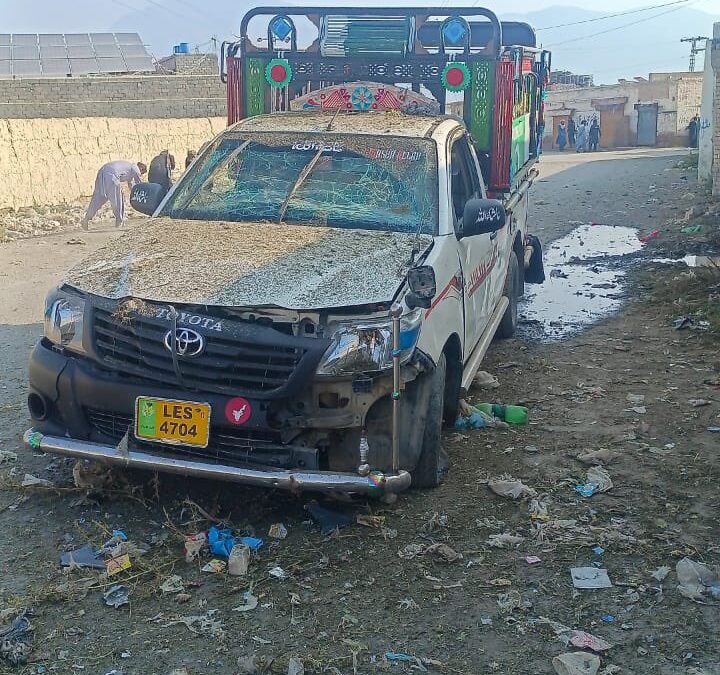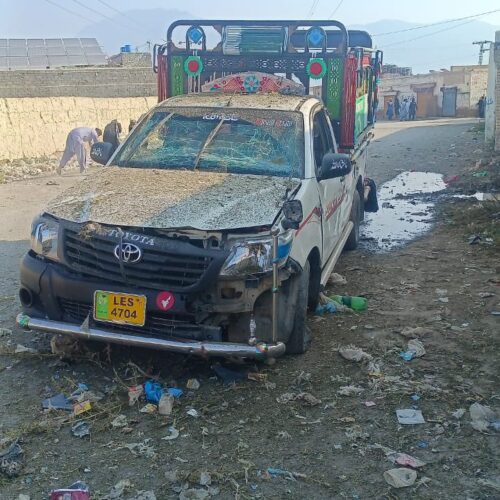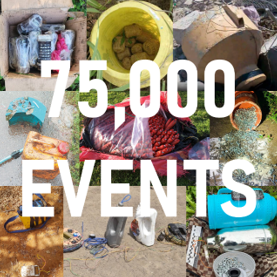Open-source intelligence for NGOs

OSINT for Non-Governmental Organisations (NGOs):
Open-Source Intelligence, known as OSINT, is defined as the intelligence produced from the process of collecting, collating, evaluating, and analysing publicly available information (PAI). This includes a flow of information derived from social media, messaging platforms, news articles and geospatial data. OSINT is renowned in the security domain, but it has also traversed across to several other sectors, including academic research, law enforcement, journalism and the humanitarian sector.
The European Commission defines OSINT as:
“The practice of collecting and analysing information gathered from open sources to produce actionable intelligence.”
From strengthening security measures to providing situational awareness and insight, harnessing the potential of OSINT opens the world of possibilities for security professionals and humanitarian efforts alike. This blog post seeks to highlight the potential of OSINT in providing valuable information to inform the practices of Non-Governmental Organisations (NGO), non-profit organisations (NPO) and charities.
Global Threat, Risk Analysis and Facilitating Personnel Safety
NGOs often operate in remote and high-risk locations, which may be subject to violence, political instability, organised crime groups or terrorist activity. In these locations, global incidents and trends inform NGO operations by determining safe locations and best-practice for their employees. Awareness of past, current, and emerging global threats is, therefore, crucial to enable security teams to monitor and avoid locations that may pose a security risk. Security teams must also be equipped with information about threat actors traversing neighbouring countries. Improved decision-making and strategic planning ultimately require OSINT to gain a comprehensive understanding, validate information and implement core security requirements likely required by programme design.
Drawing on large amounts of information from a range of sources, OSINT is a key to helping NGOs assess geopolitical landscapes and anticipate risks. Using OSINT tools, our team of dedicated analysts collate and analyse Improvised Explosive Device (IED), Radio Controlled IED (RCIED) and UXV drone (Unmanned Vehicle) events across the globe. EWS provides two databases; the OSTD and Oversite, helping with the ability to identify, monitor and analyse the potential vulnerabilities and risks necessary to anticipate and mitigate potential security threats.
At EWS we know the importance of having a holistic understanding of complex and volatile situations. Our team of analysts and linguistic specialists report daily on the most complex environments to offer solutions to NGOs’ operational and security needs.
How can our databases help NGOs?
- Tailored reports to meet your organisation’s requirements. From country specific analysis to threat profiling.
- Risk analysis/management – a holistic view of past and ongoing incidents helping you identify trends and to assess potential risks in fragile contexts and settings.
- Unclassified data derived from a range of open and publicly available sources. A valuable unclassified resource for broad dissemination to support in key operational areas.
- Preparedness – provide insights into security situations and the risk posed by IEDs, RCIEDs and UXVs to affected populations.
- Action – identify key hotspots and inform responses on the ground.
Case Study

On the 9th of September 2024, Pakistan announced a nationwide campaign to vaccinate more than 33 million children against polio following news of the country’s first recorded case of polio in 16 years. On the same day, an IED attack on a vehicle carrying workers associated with the Pakistan Polio Eradication Initiative (PEI) resulted in 13 casualties in Wana, Khyber Pakhtunkhwa Province. Police officials claimed that a police van was targeted at Karikot road. Police officers often escort polio workers who operate in areas where militants claim that vaccination campaigns are conspiracies to sterilise children. The Islamic State Khorasan Province (ISKP) militant group claimed responsibility for the attack which had been the second attack by ISKP in South Waziristan in the last two days (OSTD Event ID: 69984).
Furthermore, on the 14th of September 2024, an RCIED consisting of between 3 and 4 kg of explosives targeted a police vehicle in Kuchlak, Balochistan Province. According to the police, an RCIED was planted on a routine patrol on Bustan Road and resulted in three casualties. The Islamic State Khorasan Province (ISKP) militant group later claimed responsibility for the attack. (OSTD Event ID 70121).
The World Health Organisation (WHO) officials in southern Balochistan claim that violence has impacted polio immunisation campaigns in the province. Officials further state that due to the deteriorating security situation, the polio vaccination teams are unable to reach communities in high-risk areas. NGOs working in the health sector and frontline workers operating in these areas require key incident information allowing them to make informed decisions on the ground necessary to ensure the continuation of lifesaving campaigns.
Conclusion
This blog post has spotlighted the potential use of OSINT for the purposes of risk analysis in the NGO sector. It has shown the role of OSINT for robust decision making in often challenging environments across the world. OSINT allows us to extensively collect and analyse publicly available information (PAI). However, to delve deeper into the sea of information available online, it’s important to have the tools that can help derive meaningful insights from data. The OSTD and Oversite are updated daily by our Subject Matter Experts, providing an essential open-source intelligence resource in addressing complex operational environments.
For more information, please contact EWS.
Read more on what our customers have to say:
NATO Security Analyst
“EWS’ unique databases has completely transformed our approach to threat detection. The real-time data and expert analysis have been invaluable.”
Sources:
https://data.europa.eu/en/publications/datastories/open-source-intelligence
https://apnews.com/article/pakistan-polio-vaccination-campaign-12507014e31c5b233d62f8dc1c787c87
https://www.gatesfoundation.org/ideas/media-center/press-releases/2024/06/bill-pakistan-polio-health




